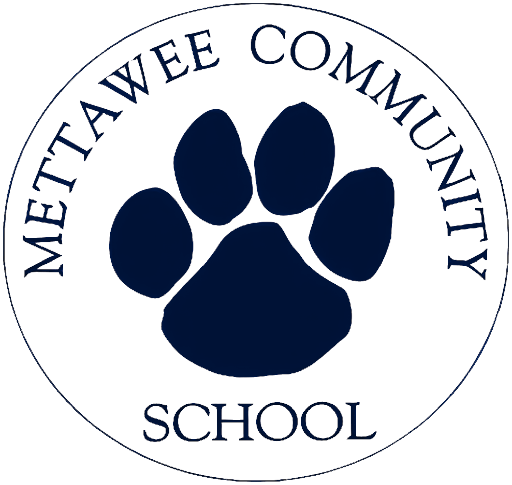The project started with a simple observation. “We noticed a lot of food waste every day after lunch,” said one Mettawee Community School sixth grader. “Then we started wondering about the best way of getting rid of the leftovers. The answer was easy — composting.”
The more they learned about composting the more determined they were to teach others. “Throwing food in the trash and on into landfills results in increased production of methane and that’s bad for our planet,” said another student. “Composting creates a healthy soil that can be used instead of chemical fertilizers to grow healthy plants.”
All the six graders, under the direction of their teacher Heather McGann, embraced as their class project the mission to inform. They dug deep into the research and set up a plan to communicate their findings to fellow students.
In marketing their work, they considered their audience and set forth on multiple fronts. They would tailor presentations for every grade at the K-6 school. In showing data results, for example, they chose to use bar graphs. “It makes it easier for the young students who can’t yet read to visualize the information and understand what we are trying to say,” said one thoughtful composting advocate.
To reinforce the findings from their classroom presentations, the students decorated the halls with signage. They put up posters advocating the benefits of composting. One design, featuring Venn diagrams, clearly delineated compostable items that can be fed to chickens (egg shells and cheese) from ones that can’t be used (cardboard and grass clippings).
Perhaps their most creative teaching tool was to imagine, write and perform a skit on composting for the All-School Meeting called: Why Should We Compost? They drafted a script, made their own costumes, and performed on stage. They did not stop there. They produced a video of the production that was then shown at a Mettawee School Board meeting. It is now held in the school library for future Mettawee students.
Maybe the most important step taken was to transform their words into action and become composting role models for all to see. For a start, the six graders started composting food waste daily from the school kitchen. Consistent with their structured approach to research, they quantified the daily amounts of unwanted leftovers gathered.
“We tracked the daily numbers using bar graphs and wondered if a low number meant the lunch was more tasty and days with a higher number not so good,” said one student. “Since early February we have collected 548.6 pounds of waste.”
Which leads to the question of what to do with it all. They set up a system to deliver some of the food scraps for Ms. McGann’s 100 chickens. For the other waste, the composters designed and constructed a wooden compost bin aided by the knowledge and guidance of school librarian Amanda Bickford. The bin was built next to the school's community garden and food waste is now mixed with dirt to create a fertile soil for this year’s planting.
“Building a compost bin in the middle of winter was not easy,” said one student. “It was cold outside and the materials were heavy. But I learned to use a screw-gun!”
The composting project at Mettawee fits well into the school's goal of teaching kids transferable skills and critical thinking. “Just think of the learning coming out of this work,” said McGann. “Math, science, research, analysis, communication, art, design, writing, performance, woodworking, and the value of collaboration in a team effort.”
The sixth graders were even more pragmatic. “We’re helping animals, farmers, and the ecology,” one student explained. Another offered a broader message: “Kids can do things to help the environment. People can compost at home. It’s good for our community.”
(Photo above: With a guiding hand from school librarian Amanda Bickford, the Mettawee 6th grade construction crew designed and built a wooden bin for composting.)

Mettawee sixth graders roll up their sleeves and compost food scraps from the school kitchen Monday through Friday.

Mettawee sixth graders roll up their sleeves and compost food scraps from the school kitchen Monday through Friday.

In this video screenshot the Mettawee 6th graders perform their skit - "Why should we compost?"

